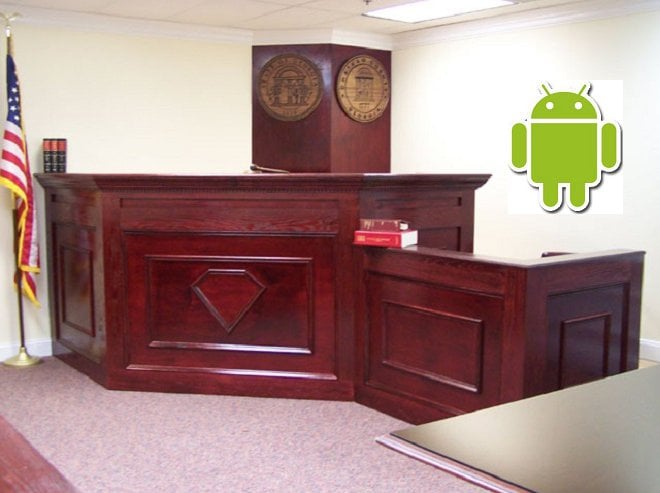In its case against Google, Oracle took the controversial stance that APIs are copyrightable and argued that Google infringed 37 Java APIs. Judge William Alsup considered Oracle’s argument and ruled it does not apply under current copyright law. This is the second setback Oracle has suffered in this case. In an earlier decision, a jury ruled against Oracle’s claim of patent infringement.
According to The Verge, the copyright ruling was very precise and applies only to the Oracle APIs cited in this case. This is good news for the software industry, which was afraid Alsup could make a sweeping ruling that applied to all APIs and not just the ones cited in the lawsuit.
In the end, Oracle prevailed on only a few small points. It was decided that Google infringed on nine lines of code in the rangeCheck method and a handful of decompiled Java test files. Damages for this infringement are expected to be less than $300,000.
As expected, Google was happy with the outcome and said in a statement,
The court’s decision upholds the principle that open and interoperable computer languages form an essential basis for software development. It’s a good day for collaboration and innovation.Oracle says it plans to appeal the decisions made in this case.
Oracle issued the following statement and confirmed it plans an appeal,
Oracle is committed to the protection of Java as both a valuable development platform and a valuable intellectual property asset. It will vigorously pursue an appeal of this decision in order to maintain that protection and to continue to support the broader Java community of over 9 million developers and countless law abiding enterprises. Google’s implementation of the accused APIs is not a free pass, since a license has always been required for an implementation of the Java Specification. And the court’s reliance on “interoperability” ignores the undisputed fact that Google deliberately eliminated interoperability between Android and all other Java platforms. Google’s implementation intentionally fragmented Java and broke the “write once, run anywhere” promise. This ruling, if permitted to stand, would undermine the protection for innovation and invention in the United States and make it far more difficult to defend intellectual property rights against companies anywhere in the world that simply takes them as their own.
Details on the timing of this appeal are not yet available.
[Via The Verge]
